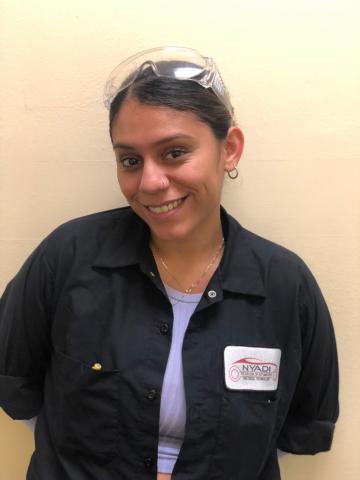What Are Some Auto Performance Fundamentals?
For many aspiring technicians, auto performance fundamentals will be the first class they ever take at NYADI The College of Automotive and Diesel Technology. While some students already have a basic understanding of what’s under the hood, it’s essential they learn the engine like the back of their hand. Here are some key performance fundamentals that students can expect to learn with an Automotive Technology AOS degree.
Engine Components
The first step is to become familiar with the engine and its many parts. Cylinders are found at the core of every engine. But, engines are also made up of spark plugs, valves, pistons, piston rings, connecting rods, pipes, crankshafts and sumps. It’s important to be able to identify each part and learn how they work individually as well as systemically. Many other components of a car can also affect engine performance, like the battery, bearings, exhaust, oil and much more.
Engine Malfunction
Once you know what every component is and how it’s supposed to function, you’ll be able to identify and repair issues. Mechanical problems can trace back to anything from a dead battery or worn-out spark plug to fuel impurities and more. Learning how to apply techniques using state-of-the-art testing equipment and tools will help prepare technicians for any challenge.
Engine Enhancement
Engine enhancement is another important element of vehicle performance. This is where words like turbocharged and supercharged come into play. Technicians can boost a car’s speed, power and overall performance with enhancements such as these. At NYADI, students will learn about enhancements and get the hands-on experience they need to perform them.
Engine Variables
When you go to a car dealership’s website, you’ll notice there are many different kinds of engines. What does it mean if a car has a 2.5-liter engine? Why are horsepower and torque important? How do engines affect fuel economy, handling and noise? Technicians will learn the difference between direct injection engines and variable compression turbo engines. They’ll discover how AWD, FWD and RWD work, as well as how gasoline, diesel and hybrid systems compare.
Learn Your Auto Performance Fundamentals
Ensure you know everything there is to know about engines by enrolling in the Automotive Technology AOS degree program at NYADI. Once you master the fundamentals of performance, you’ll have a solid foundation to continue expanding your knowledge and skill set. Contact Admissions today to get started.



